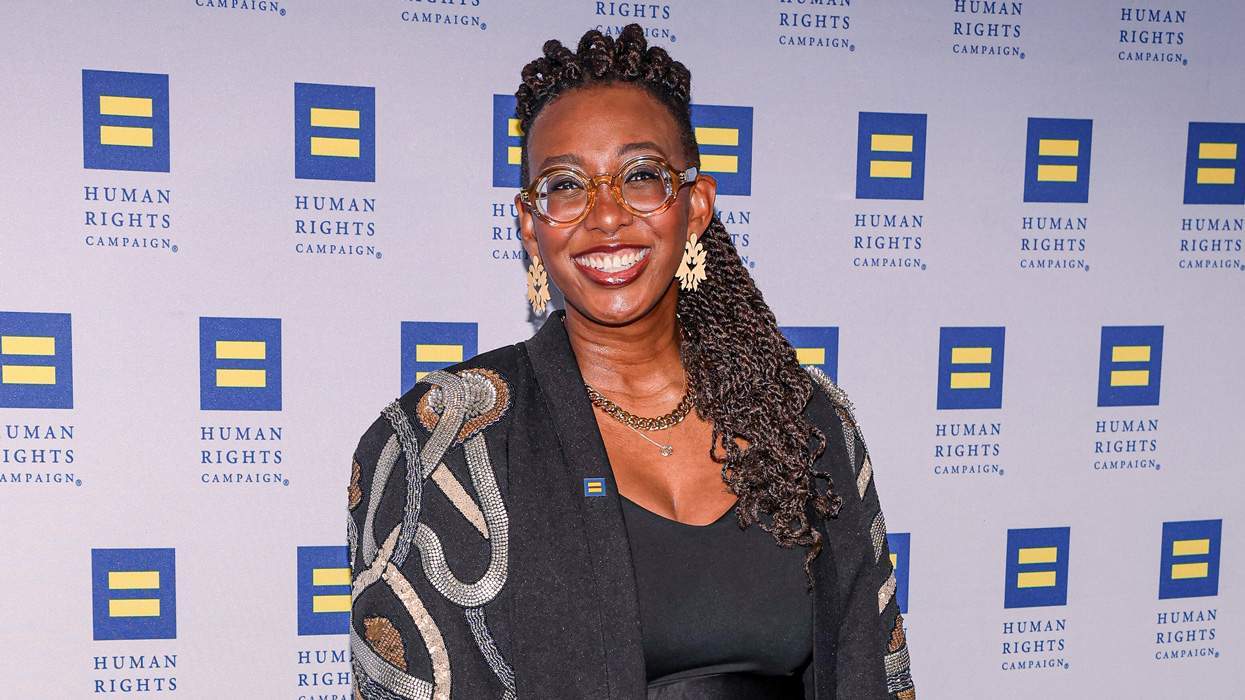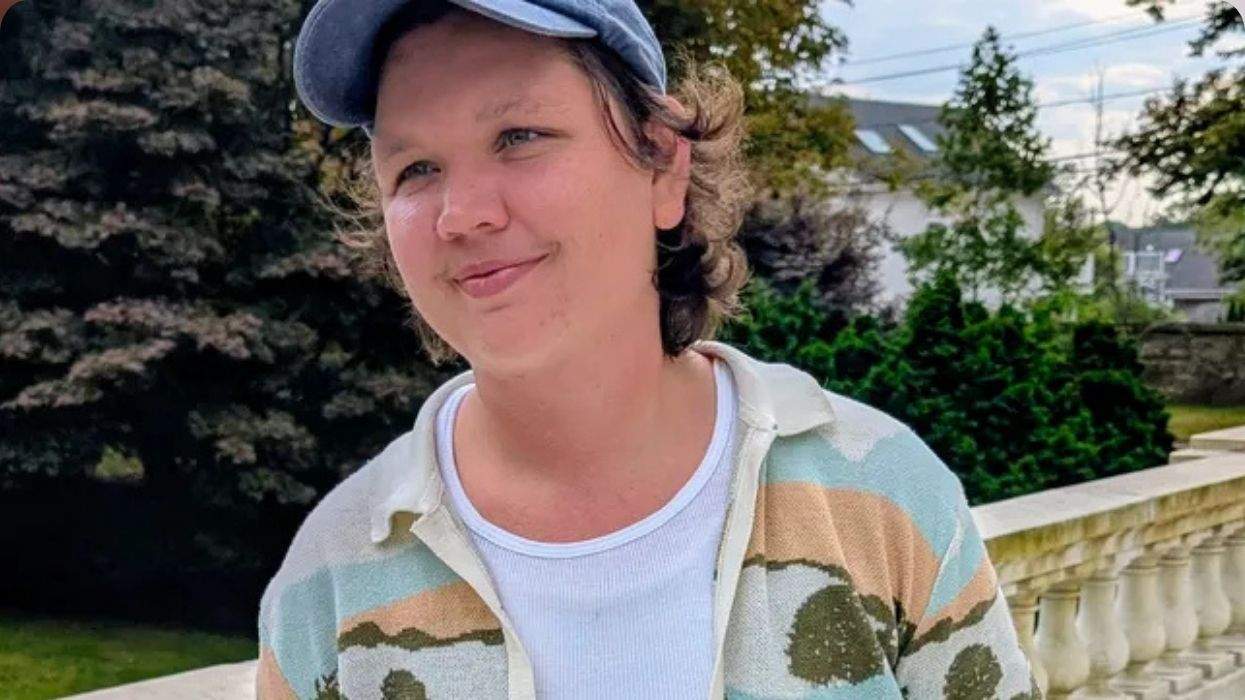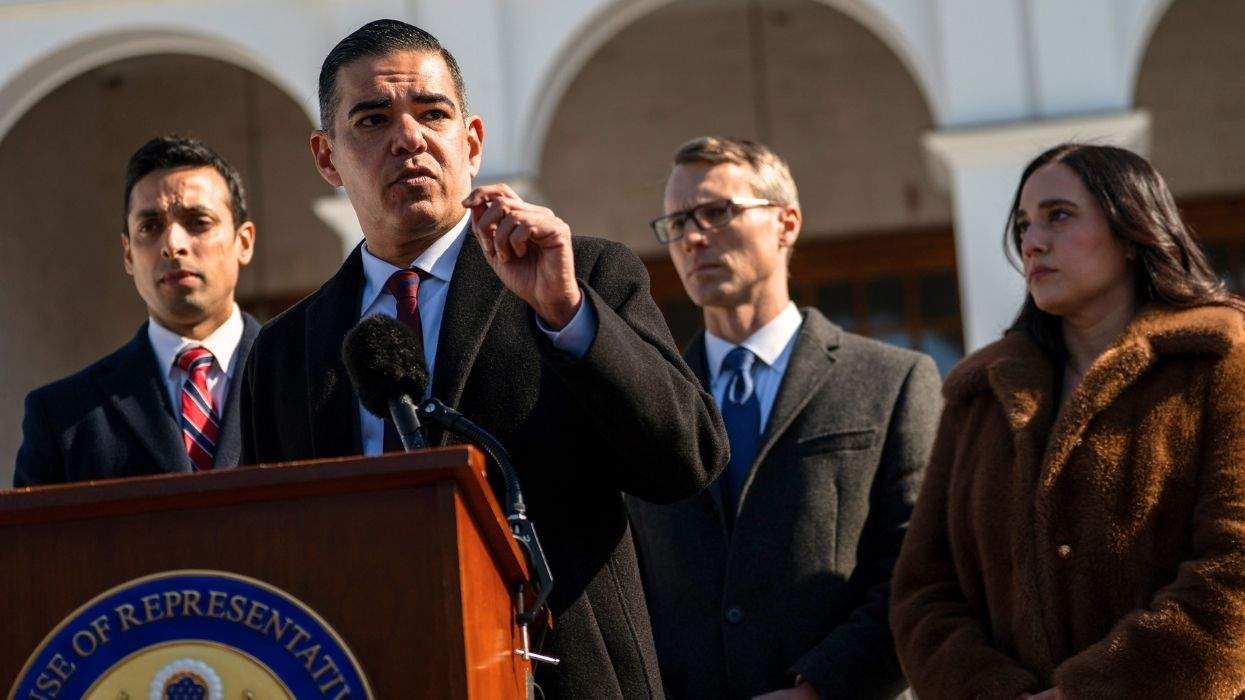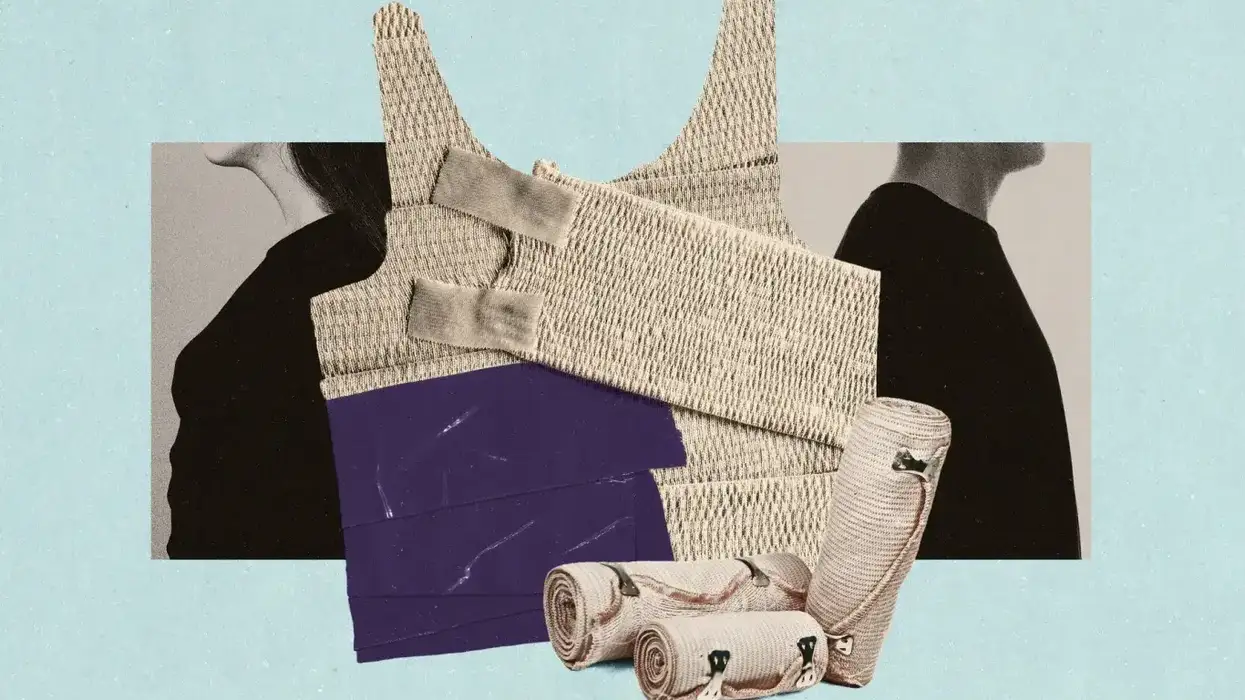Even President Obama was talking about the importance of gay bars after the Orlando shooting on Sunday that killed 50 people. How unusual, I thought, that a straight man has any inkling of how relevant these places have been to us.
I wondered whether an LGBT person on staff had briefed him. I wondered whether the other straight people listening to their president really got it, especially because it sounds so frivolous. A bar, really? That any bar could be the touchstone described by our president is probably foreign sounding, like explaining the traditions of a far-flung culture.
"The shooter targeted a nightclub where people came together to be with friends, to dance and to sing, and to live," he said in remarks from the White House. "The place where they were attacked is more than a nightclub, it is a place of solidarity and empowerment where people have come together to raise awareness, to speak their minds and to advocate for their civil rights. So this is a sobering reminder that attacks on any American -- regardless of race ethnicity, religion or sexual orientation -- is an attack on all of us, and on the fundamental values of equality and dignity that define us as a country."
Meanwhile, Chad Griffin of the Human Rights Campaign was explaining to Brian Williams on MSNBC that we're likely to discover some of the dead weren't out to their families. The gay bar is a rite of passage, after all.
I remember my first visit, back in Tampa, just an hour's ride from Orlando. My friends and I went to Cherokee in Ybor City under the auspices that I wasn't gay. Barely any of us were, officially.
I remember a drag queen whose best talent was spinning around in circles gracefully for what seemed like an impossibility, as people threw dollars bills onto the small stage. I went many more times before coming out to myself, and then to my friends, and finally to my family. You have to learn what it feels like to belong before you can insist on belonging.
Maybe that doubles as a quick description of the Stonewall Inn's importance for our shared history. Masses of people returned to the Manhattan watering hole last night, looking for another shared experience. People also flocked there after marriage equality was sent nationwide by the Supreme Court last year. Now the government is deciding whether to make the Stonewall Inn a national landmark. Among the people gathered there on Sunday were New York congressman Sean Patrick Maloney and his husband.
"When I first came to New York to begin my life as a gay man, I went to the Stonewall Inn," he tells The Advocate. "It was May 23, 1992. That same night I met my partner and husband of 24 years, Randy Florke, at The Roxy, the classic gay dance club on West 18th Street. It could have been The Pulse in Orlando."
Maloney's words deftly explain why any attack on a gay bar is a hate crime, even if authorities haven't said so yet. The Stonewall Inn could've easily been The Pulse. So could've the Cherokee in Tampa. Attacking one of these places is like attacking our movement's history, and our personal histories.
After a quarter century of being together, Maloney and his husband went back to those NYC bars that had changed the course of their lives.
"We had a lot of emotions," he said. "There's no denying that through the AIDS epidemic, too many hate crimes to count, and now the tragedy in Orlando, we have all felt the cuts, scars and pieces taken out of the bricks of our stone wall. But hard work, love and many allies have allowed us to repair and build that wall of tolerance more than the haters have weakened it. Love will win. We just need to keep fighting for ourselves and all those who still suffer in our country. That's what Stonewall means to me."
A lot of us might have a story about how a gay bar impacted the direction of our lives, or how we met there to get through a hard time, or to celebrate a big moment.
I learned while covering the news that one of the victims is from Sarasota, Fla.. Reading it was like seeing a familiar name from my past. Believe it or not, I met my husband in a Sarasota bar-- which could fit maybe 100 people on a dreamy night when that many folks would've showed.
It was one of those across-the-room moments they have in old movies. I entered the club and we locked eyes. He shyly made his way over to a table where I was sipping a drink, then chickened out and drifted back to the bar.
Don't worry, he got up the nerve after some dancing. Now we've got the wedding rings and two kids to show for our night at Therapy in little Sarasota. Therapy could've been The Pulse in Orlando, too. And the rest of my life could have been erased.
LUCAS GRINDLEY is editorial director for Here Media. He lives in Los Angeles with his husband and daughters. Contact him on Twitter @lucasgrindley.















